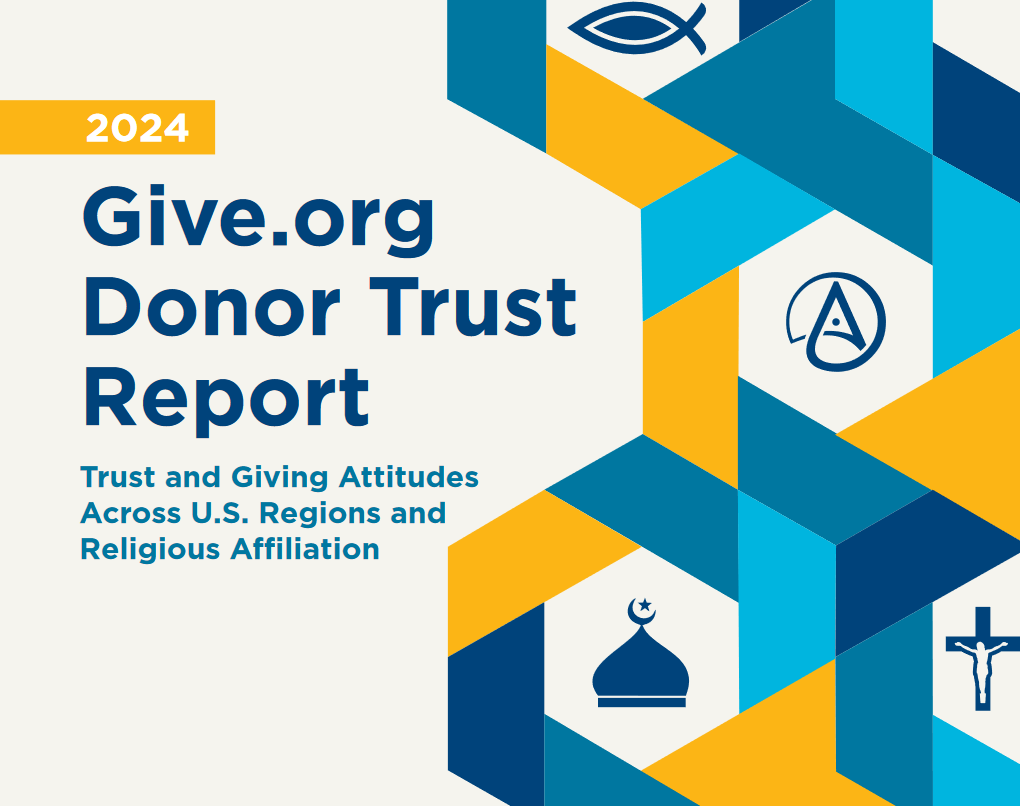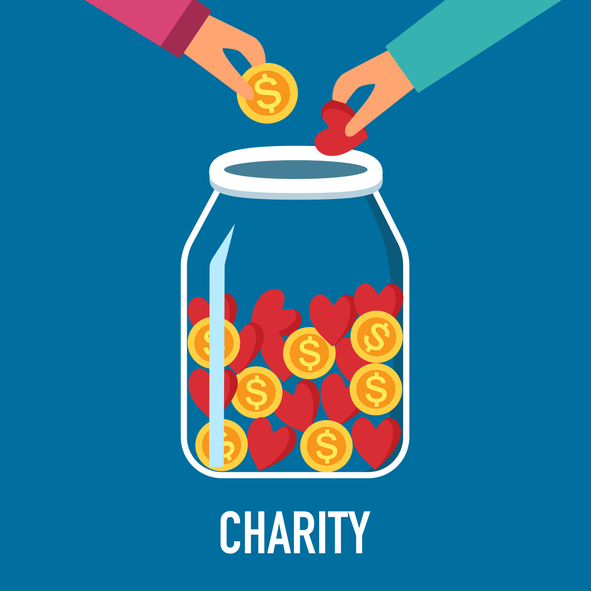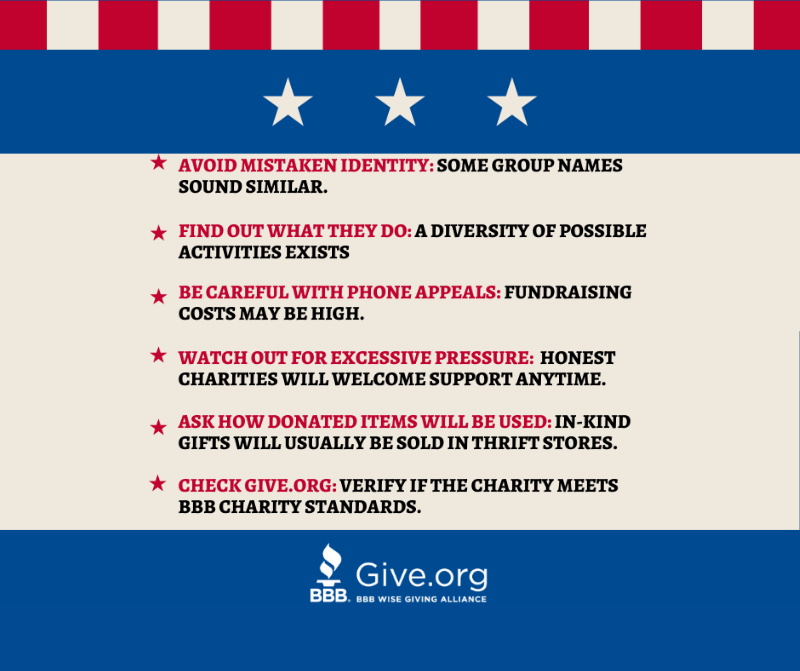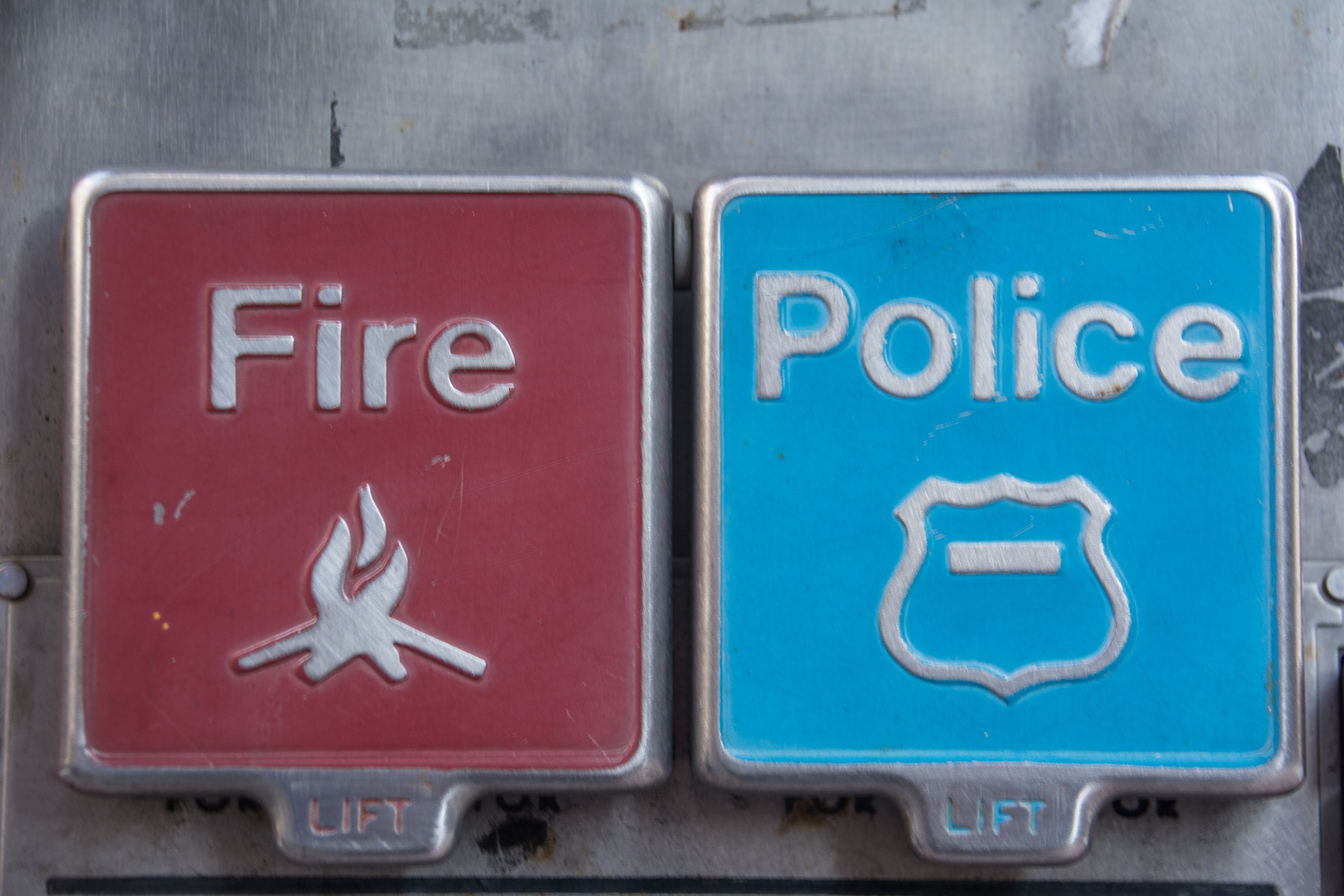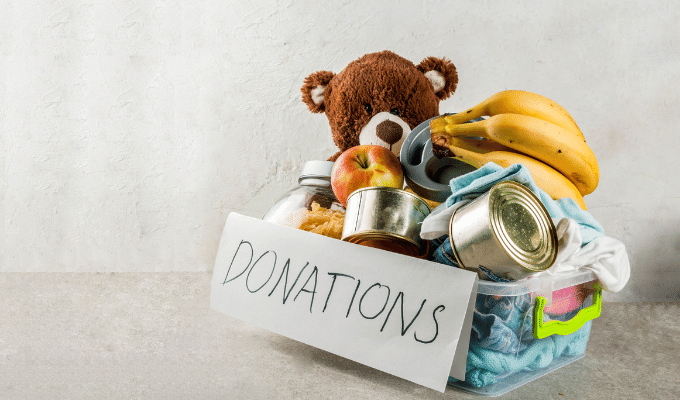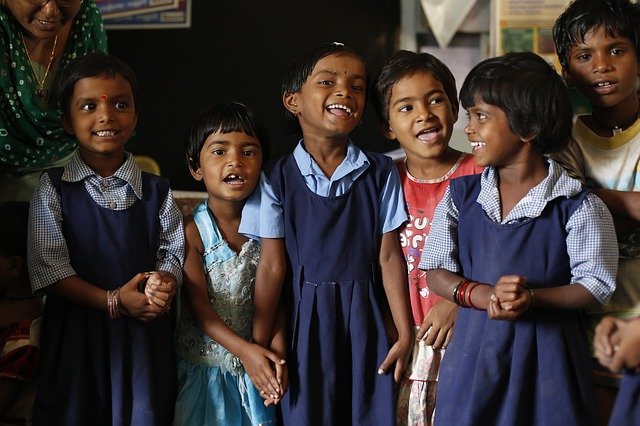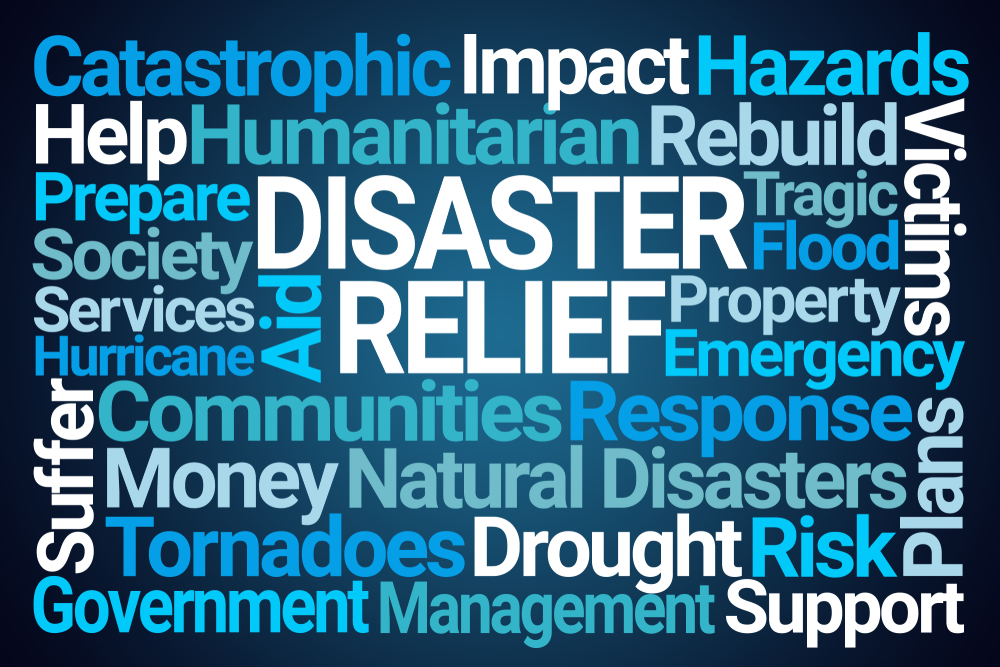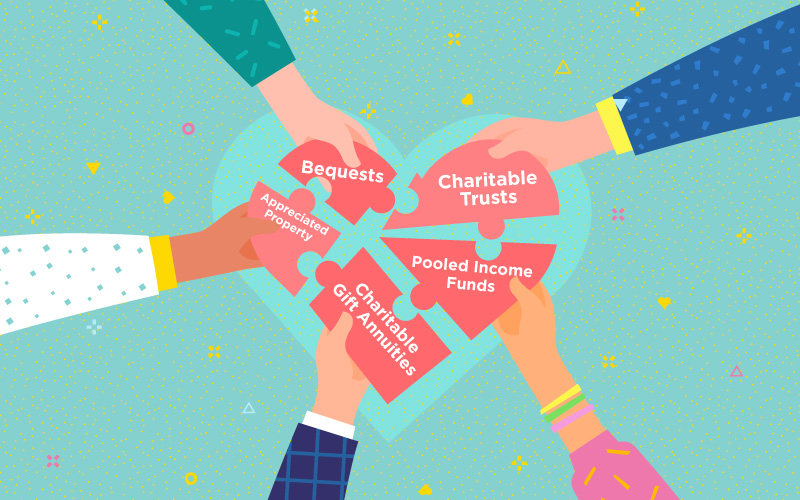Wise Giving Wednesday: September 11 Fundraising – Lessons Learned
There were many ceremonies and remembrances honoring the 15th anniversary of September 11th which took place this past Sunday. This also brings to mind what we experienced 15 years ago. Among other things, BBB Wise Giving Alliance received an unprecedented degree of media interest about fundraising efforts which were taking place in the wake of that terrorist attack. I joined the BBB Wise Giving Alliance staff just a few months earlier but never anticipated that the organization would face such a unique and demanding challenge in terms of helping donors give thoughtfully.
A study released in 2003 by the Education and Research Foundation of the Better Business Bureau of Metropolitan New York contacted over 500 organizations from 37 states and 2 countries that were raising funds for some aspect of assistance regarding September 11th victims, their families and/or other relief purposes. It is not surprising that this volume of activity led to some confusion among donors and those seeking help. A GAO (U.S. Government Accountability Office) report issued in December 2002 indicated that an estimated $2.7 billion was raised and made the keen observation that “more effective collaboration could enhance charitable organizations’ contributions in disasters.” This collaboration lesson is one that continues to grow in importance today, not just for disaster relief, but for all types of charitable organizations.
Another key lesson learned is the importance of communicating accurately to the public about charity activities and how collected funds will be used, both in the immediate aftermath and longer-term, when vital disaster-related needs often emerge. In some past cases, vague announcements about raising funds to help victims have led to donor misperceptions concerning what programs their contributions would support or how quickly those funds would be distributed or used. While some of the larger relief-focused charities received a lot of scrutiny and attention and collected the bulk of funds raised, there were also a significant number of newly-created entities as well as charities without any experience in relief assistance that were collecting funds as well. Sometimes these well-intentioned smaller efforts had no initial plans for how they would spend the amounts raised, which probably made it hard for them to issue clear fundraising appeals.
This communication challenge is complicated by the nature of the disaster, which may disable telephone and internet connections at charities, businesses, and first responder groups, making it extremely difficult to coordinate relief activities. Transportation and electrical facilities can also be disrupted in the wake of a major disaster. In turn, staff may be unable to report to work at charities at a point in time when their services are needed the most; and staff members may themselves be disaster victims. This can make it difficult to quickly identify the specific assistance that is needed and where it needs to be delivered. Another September 11th lesson is that it can take time and be problematic to identify genuine victims, which further adds to delays in providing help.
Nevertheless, charities on the scene with relevant expertise are sometimes able to identify unserved needs, stretch resources and provide help much faster than federal, state or local government agencies. Government disaster relief funders are often burdened by procedures and paperwork that they are required to follow. Some private funders choose to wait until government aid is finalized so that they can avoid duplication of effort; this may leave early-responding charities without needed funding streams at a critical time. It can be a Catch 22 scenario, but today funders and charities are more aware of these problems and are joining forces to try to anticipate such dilemmas and manage them more effectively with disaster plans.
Some donors unrealistically expect charities to spend disaster funds as quickly as they are raised, which may be problematic and even inadvisable, given the circumstances. Even so, in the case of 9/11, most funds raised were quickly disbursed to meet urgent needs. The mentioned study completed by BBB Foundation of Metro New York showed that by early 2003, 74% of all reported September 11th contributions had been used and four of the most-well known groups had spent 95 percent of their donations. Some charities raised funds for longer-term needs (e.g., reconstruction, scholarships, etc.) which will continue long after the headlines are gone. Of course, when this is the case, it needs to be disclosed fully at the moment of solicitation.
Providing an accounting of how funds are used is especially important for organizations engaging in disaster or tragedy-based fund raising. For example, charities can be transparent as events are unfolding by providing website updates about amounts raised and how they are being used. Today’s relief assistance donors eagerly seek information about how their contributions are taking effect, and may not want to wait until the audited financial statements and IRS Form 990 are available a year later.
On a separate note, as part of our Building Trust Video Series we are pleased to provide a video that features Jim Stofan, Chief Operating Officer of Defenders of Wildlife (a BBB Accredited Charity) works to protect and restore imperiled species throughout North America by transforming policies and institutions and promoting solutions. Defenders promotes the conservation and restoration of North America’s vulnerable species through habitat preservation and restoration on public lands, securing greater wildlife conservation funding and defending and strengthening wildlife and public land management laws and policies.
We are always working with charities to publish or update reports for donors. Visit Give.org or local BBBs to check out any charity before giving. Our recently evaluated charities include:
Finally, remember to let us know by going to https://give.org/ask-us-about-a-charity1/ if you are interested in seeing a report on a charity not on the list and we will do our best to produce one.
H. Art Taylor, President & CEO
BBB Wise Giving Alliance

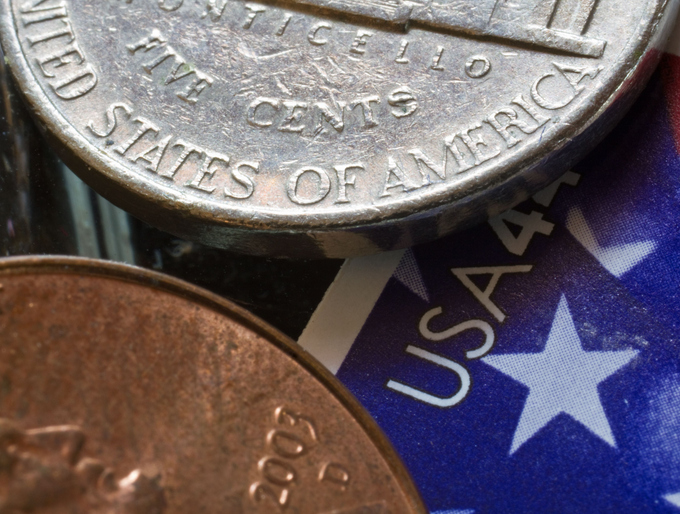

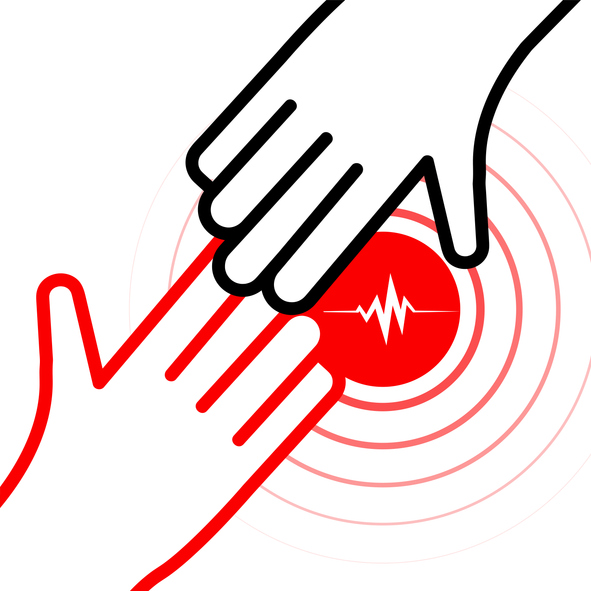


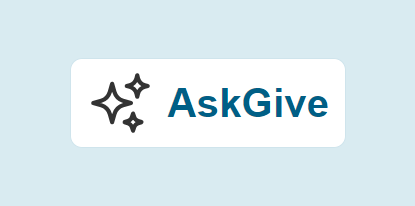



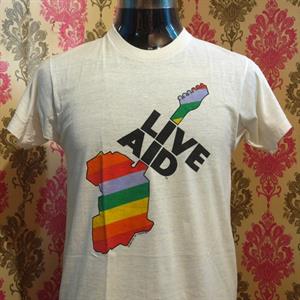
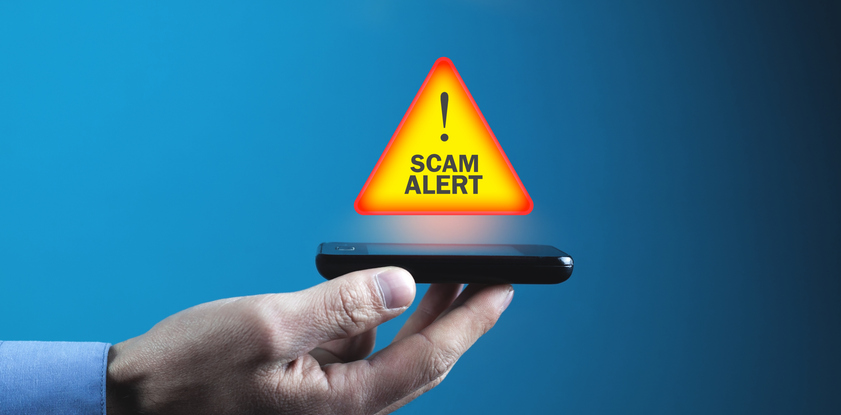
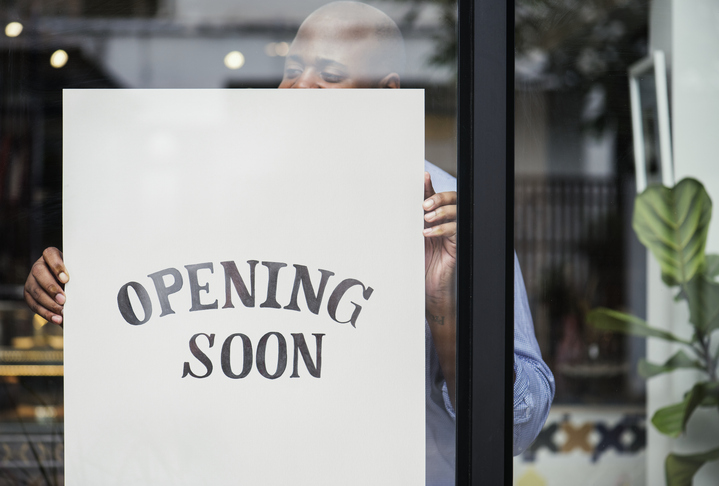
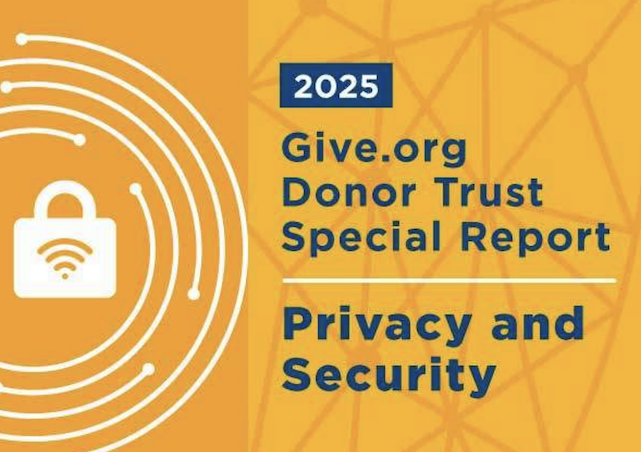

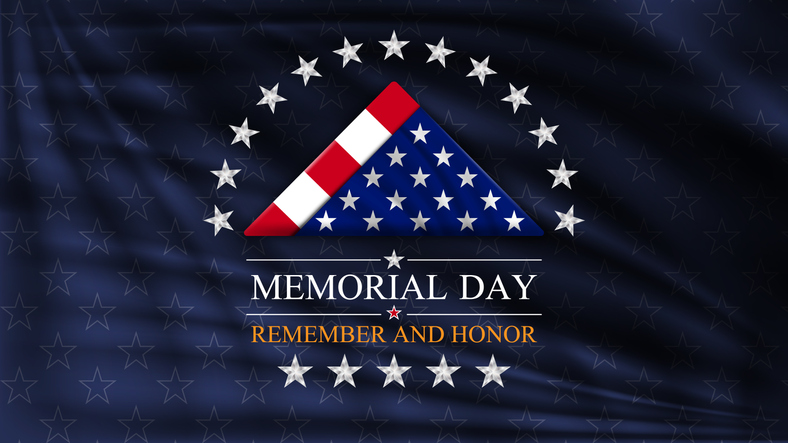
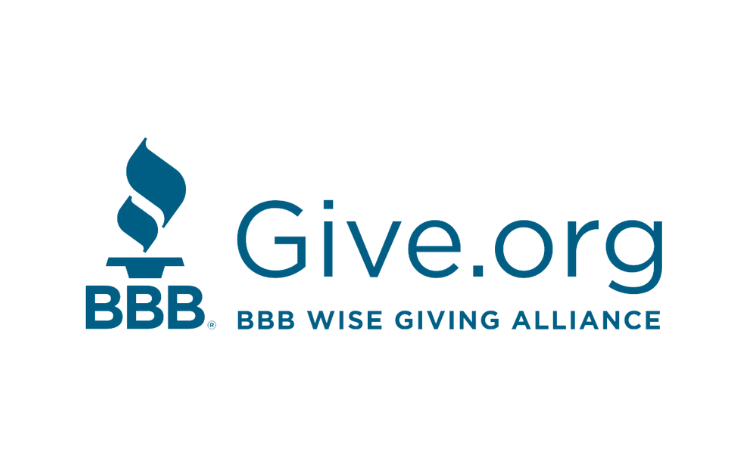
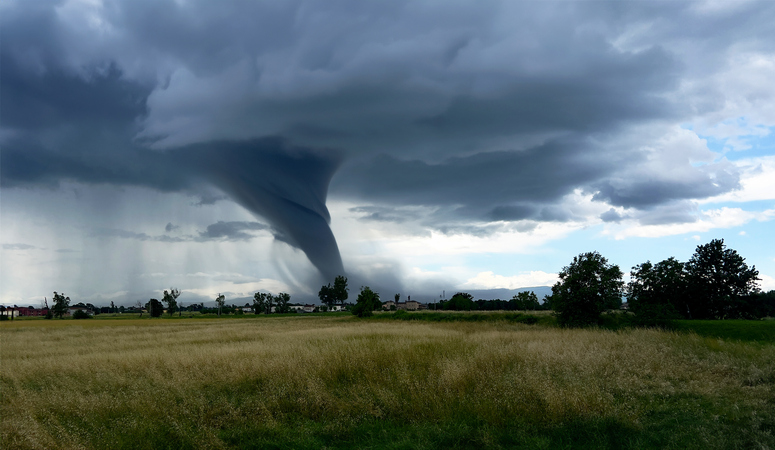
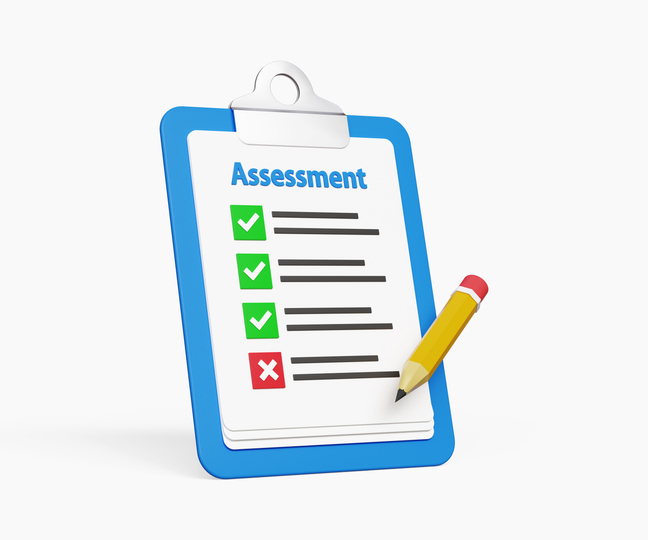


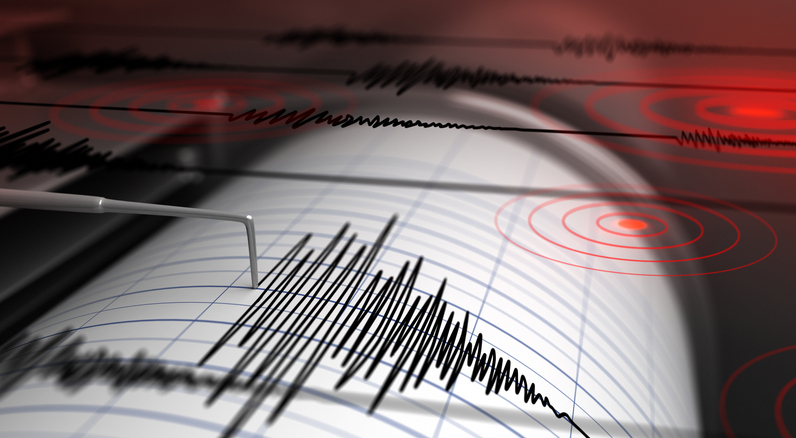
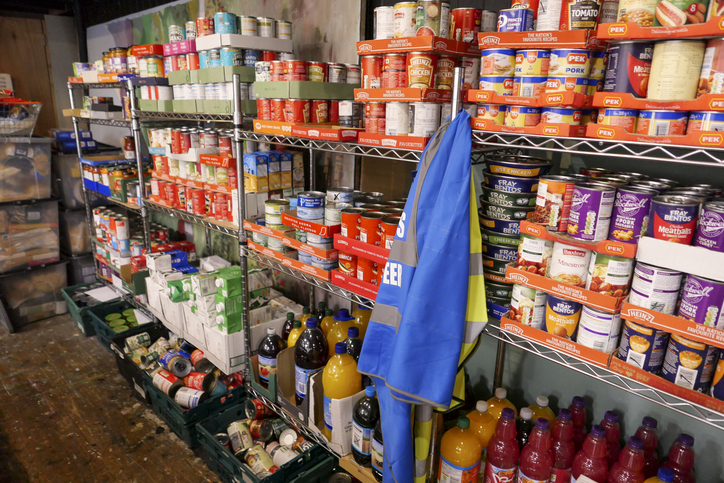




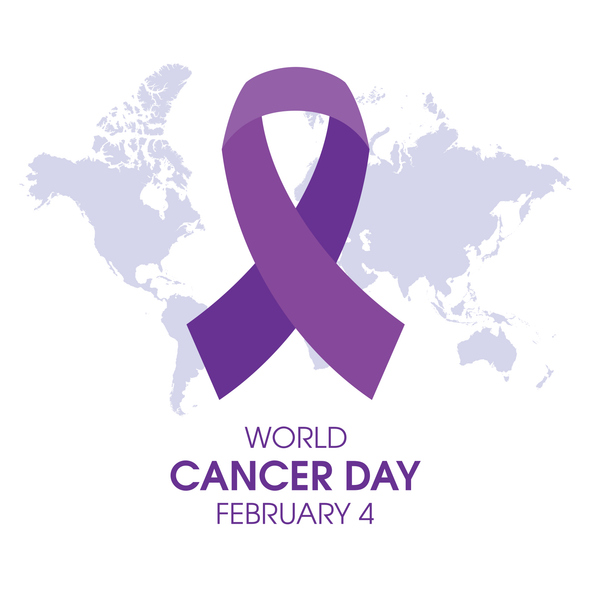
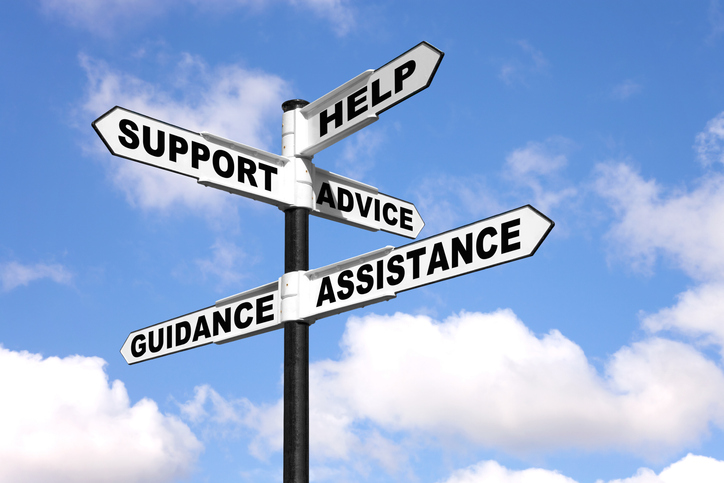

.jpg?sfvrsn=8073f1a5_0)


